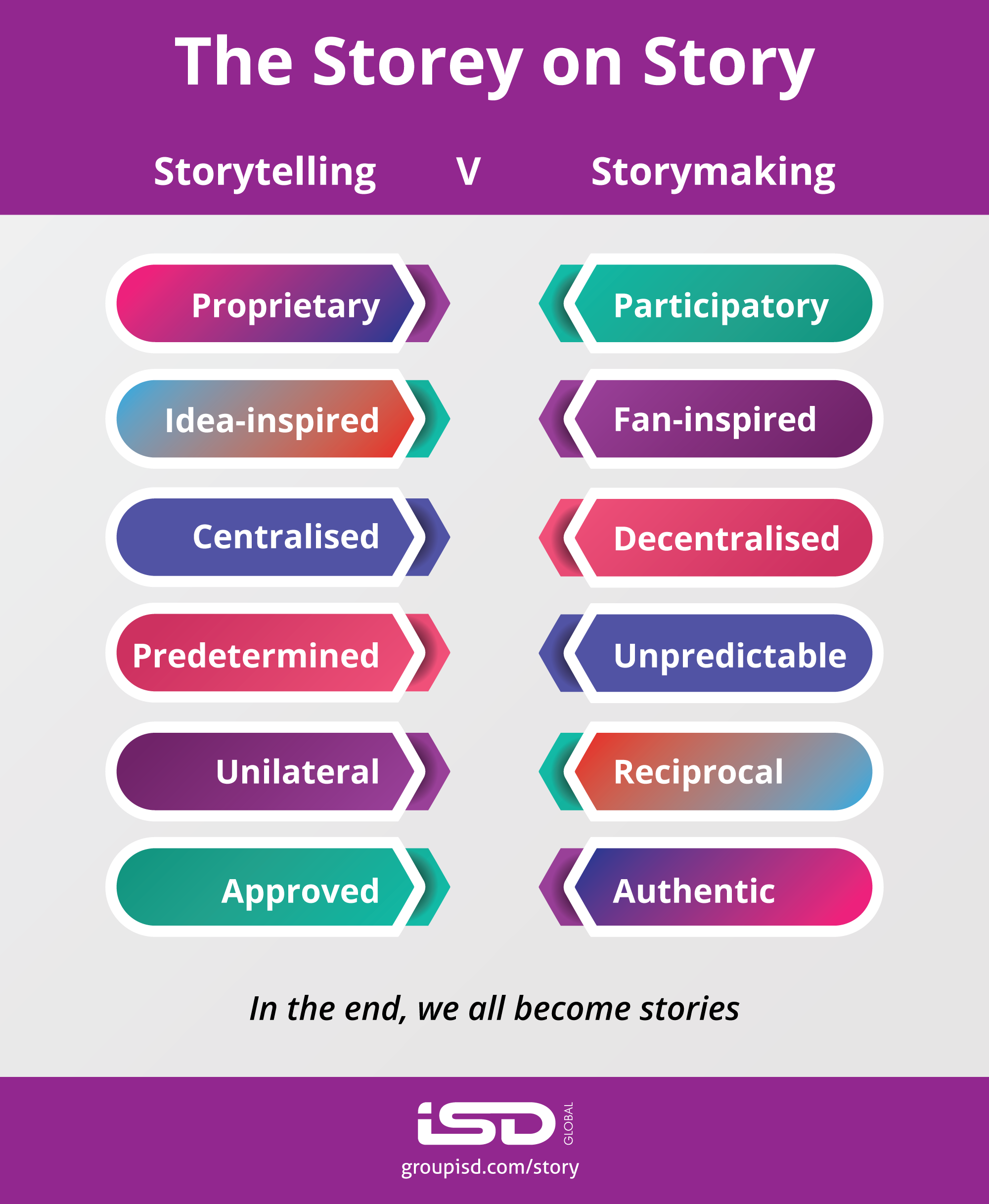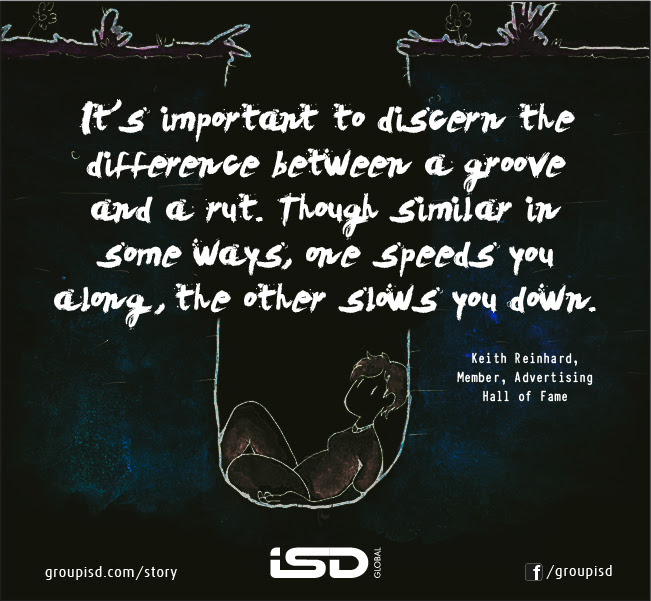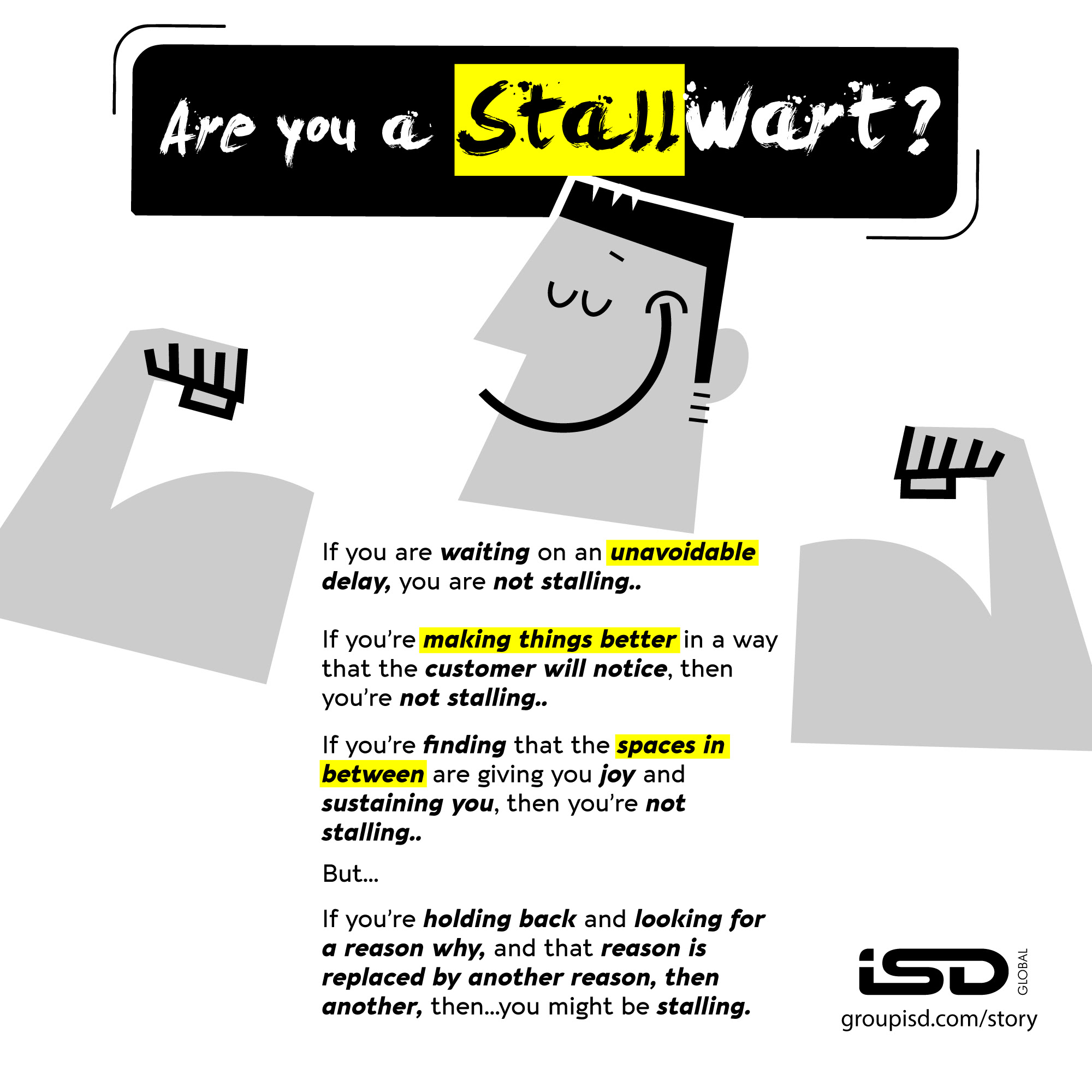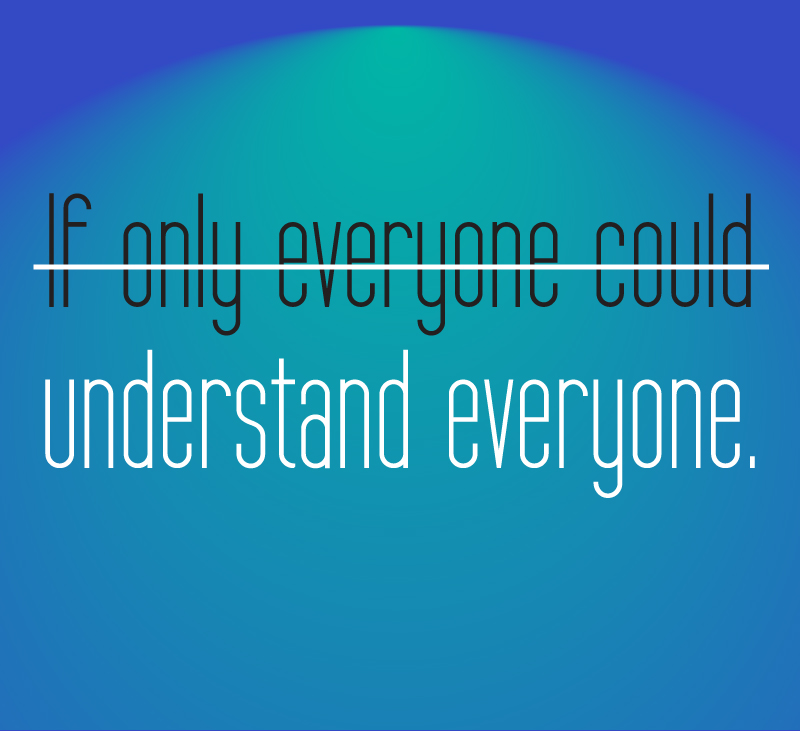Lets begin with an imaginary tale of two storytellers:
Once upon a time, in a corporate jungle far, far away, two executives presented the same data. One put up a PowerPoint slide so dense it could stop a bullet. The other told a story about a struggling farmer in Vidarbha who turned his fate around with a single innovation. Guess who got the funding?
Stories aren’t just for bedtime—they’re the currency of influence, the weapon of persuasion, and sometimes, the last refuge of the desperate (looking at you, most politicians). But not all stories are created equal. Some scream for attention, some whisper wisdom, some inflate like a soufflé of self-importance, and some… well, some just make you swipe your credit card.
” In a world drowning in content but starving for meaning, it’s the stories that matter.“
Remember that time your aunt cornered you at a family gathering to recount—in excruciating detail—her recent dental surgery? That, my friend, is a story that yells. It demands attention without earning it. Now contrast that with the time you stayed up until 3 AM, bleary-eyed but unable to put down that thriller. That’s a story that sells.
The difference? Everything.
“In a world choking on corporate drivel and drowning in mediocre marketing, most ‘storytellers’ deserve a muzzle, not a microphone.”
Let’s cut the crap, shall we? You’ve suffered through enough sanitized corporate storytelling to recognize the stench of insincerity from across the internet. Time to dissect the narrative corpse and see what’s actually inside.
Stories that YELL: The Attention Terrorists
We begin with the loudest offenders—those narrative terrorists holding your attention hostage with their verbal explosives.
These are the storytelling equivalents of that drunk uncle at weddings who thinks the solution to not being interesting is simply being louder. They’re the digital equivalent of someone honking in traffic when the light’s still red—impatient, entitled, and utterly pointless.
Take Indian TV news debates—the WWE of journalism where facts tap out to decibels. Most anchors don’t host discussions; they conduct verbal carpet-bombing campaigns where truth is the first casualty. “THE NATION WANTS TO KNOW!” does it? Or do you just need to refill your prescription?
Internationally, remember when Pepsi tried to solve police brutality and racial tensions with Kendall Jenner and a can of soda? That story screamed so tone-deaf that the entire internet developed tinnitus.
Or consider the entire Patanjali empire built on the shoulders of screaming pseudo-science. “ALLOPATHY WILL KILL YOU! BUY OUR CORONIL!” They yelled during a pandemic when people were literally gasping for breath. Classy.
Yelling stories are the marketing equivalent of desperation perfume—the stronger the scent, the more we suspect you’re hiding something rotten underneath.
On a lighter note, if you’re gonna yell, make sure it’s either hilarious, horrifying, or both. Otherwise, you’re just another uncle at a wedding drunk on cheap whiskey.
Stories that TELL: The Truth Smugglers
Next in the line up are stories that TELL—narrative ninjas that infiltrate your consciousness without setting off mental alarm systems.
Unlike their screaming cousins, these stories don’t beg for attention; they earn it by actually having something worth saying. Revolutionary concept, I know.
When Tanishq released their “Remarriage” advertisement showing a Muslim family celebrating a Hindu bride’s second marriage ceremony, they told India a story about interfaith harmony without preaching. Of course, the trolls went ballistic (because how dare anyone suggest religions can coexist peacefully in this country?), but the quiet authenticity of that narrative lingered long after the online outrage machine found its next target.
Globally, look at how Ukrainian President Zelenskyy responded when offered evacuation at the beginning of Russia’s invasion: “I need ammunition, not a ride.” Six words. No PowerPoint. No brand consultant. Just raw, undiluted narrative potency that told us everything about leadership without using the word once.
Or take Patagonia‘s founder giving away the company to fight climate change. No glossy sustainability report, no green-washed mission statement—just a radical action that tells the story of their environmental commitment better than a million corporate pledges.
Telling stories respect their audience enough not to beat them over the head with meaning. They understand that if you need to explain your point, you’ve already failed at making it.
-” Subscribe to my newsletter for life-changing secrets!”—every crypto bro ever. Turns out, the only life-changing part was your bank balance evaporating.
– Sadhguru’s “Inner Engineering”—half spiritual wisdom, half “Wait, did he just sell me a $500 course to breathe?”Masterful.
Takeaway: The best stories don’t just tell—they rewire. Whether it’s enlightenment or an MLM scheme depends on how good the storyteller is.
Stories that SWELL: The Mind Infiltrators
Then there are stories that SWELL—those psychological sleeper cells that activate long after exposure, expanding in your mind like narrative time bombs.
These are stories that hijack your mental real estate, refusing eviction notices even years later.
Remember that Cadbury ad where the girl runs onto a cricket field to celebrate her boyfriend’s century? Two decades later, we’re still humming “Kuch Khaas Hai” whenever we see a cricket match and chocolate. That’s not marketing; that’s mental colonization.
When Mumbai’s dabbawallas were featured in a Harvard Business School case study, it wasn’t just lunch delivery being analyzed—it was a swelling story about Indian efficiency and ingenuity penetrating global business consciousness, elegantly flipping the bird to colonial stereotypes about Indian systems.
Or consider the Thai life insurance commercials—those emotional assassins disguised as advertisements. They start with simple human moments that suddenly balloon into existential meditations that leave you sobbing in the fetal position, questioning your life choices, and calling your parents at 2 AM. And somehow, you’re grateful for the emotional mugging.
Swelling stories are mental parasites with benefits—they burrow deep and reshape you from the inside, making you think the transformation was your idea all along.
Stories that SELL: The Wallet Whisperers
Finally, we arrive at stories that SELL—those slick conversational pickpockets that empty your wallet while you’re nodding in agreement.
The best selling stories perform the ultimate illusion: making you feel like purchasing was your brilliant decision rather than their carefully engineered outcome.
Amul‘s topical cartoons have been social commentary wrapped in butter puns for over 50 years. While politicians and celebrities come and go, the Amul girl remains—serving delicious roasts alongside dairy products. They’ve sold butter by selling wry observation, proving Indians will digest anything if it’s seasoned with the right amount of cheeky humor.
Or look at how Old Spice resurrected itself from grandpa’s bathroom cabinet to millennial must-have. “The Man Your Man Could Smell Like” didn’t sell deodorant—it sold self-aware absurdity and permitted men to care about how they smell without threatening their fragile masculinity.
When CRED launched with absurdist ads featuring cricket legends like Rahul Dravid having road rage meltdowns, they weren’t selling a credit card payment app—they were selling membership in an inside joke. “Not everyone gets it” was less about financial literacy and more about creating a velvet rope around their brand narrative.
Great selling stories understand that modern consumers have developed antibodies against traditional marketing. So instead of attacking defenses head-on, they slip in disguised as entertainment, education, or empowerment.
Fevicol doesn’t sell glue—it sells indestructibility. From wedding benches stuck together for generations to an unbreakable bond between a rickshaw and its passengers, their ads are marketing gold. Takeaway: The best stories don’t just make you listen; they make you act.
How about some brutal truth?
Here’s the unvarnished reality: Most brands are narrative butchers, hacking away at potentially good stories until they’re unrecognizable mush. They yell when they should tell, tell when they should swell, attempt to swell when they should just sell.
The result? A marketplace of narrative mediocrity where brands throw spaghetti at the wall and call the sticky mess “storytelling strategy.” Without much deciphering needed, we can label it ” Spray and Pray “!
Consider the endless parade of purpose-washing campaigns from corporations suddenly discovering “values” fifty years into their existence. Yes, I’m sure that multinational oil company really does care deeply about female empowerment. Almost as much as they care about avoiding environmental regulations.
The Bullsh*t Divide —there are two kinds of people in this world:
-Those who think “data speaks for itself“(Spoiler: It doesn’t. Data mumbles in a corner like a socially awkward intern.)
-Those who wrap facts in stories so damn spicy, they make your LinkedIn influencer look like a PowerPoint snoozefest.
Stories aren’t just nice-to-have—they’re the difference between “Who the hell are you?“and “Shut up and take my money!” But not all stories hit the same. Some scream like a banshee on Red Bull, some finesse like a Tinder smooth-talker, some inflate like a politician’s promises, and some? Some slide into your wallet like a seasoned pickpocket.
Stories don’t just talk. They hypnotize, manipulate, and occasionally, empty wallets. If your story doesn’t make people either laugh, cry, or question their life choices—try again. Your data is boring. Your story shouldn’t be. Elizabeth Holmes swelled. Elon Musk yelled. De Beers sold. Be like De Beers.
So, What’s Your Story?
If your brand is just yelling, dial it down. If it’s only telling, add some intrigue. If it’s swelling, perfect. And if it’s selling, well, congrats—you’ve cracked the code.
Great storytelling isn’t about volume; it’s about value. Now, go forth and tell a story worth buying.







